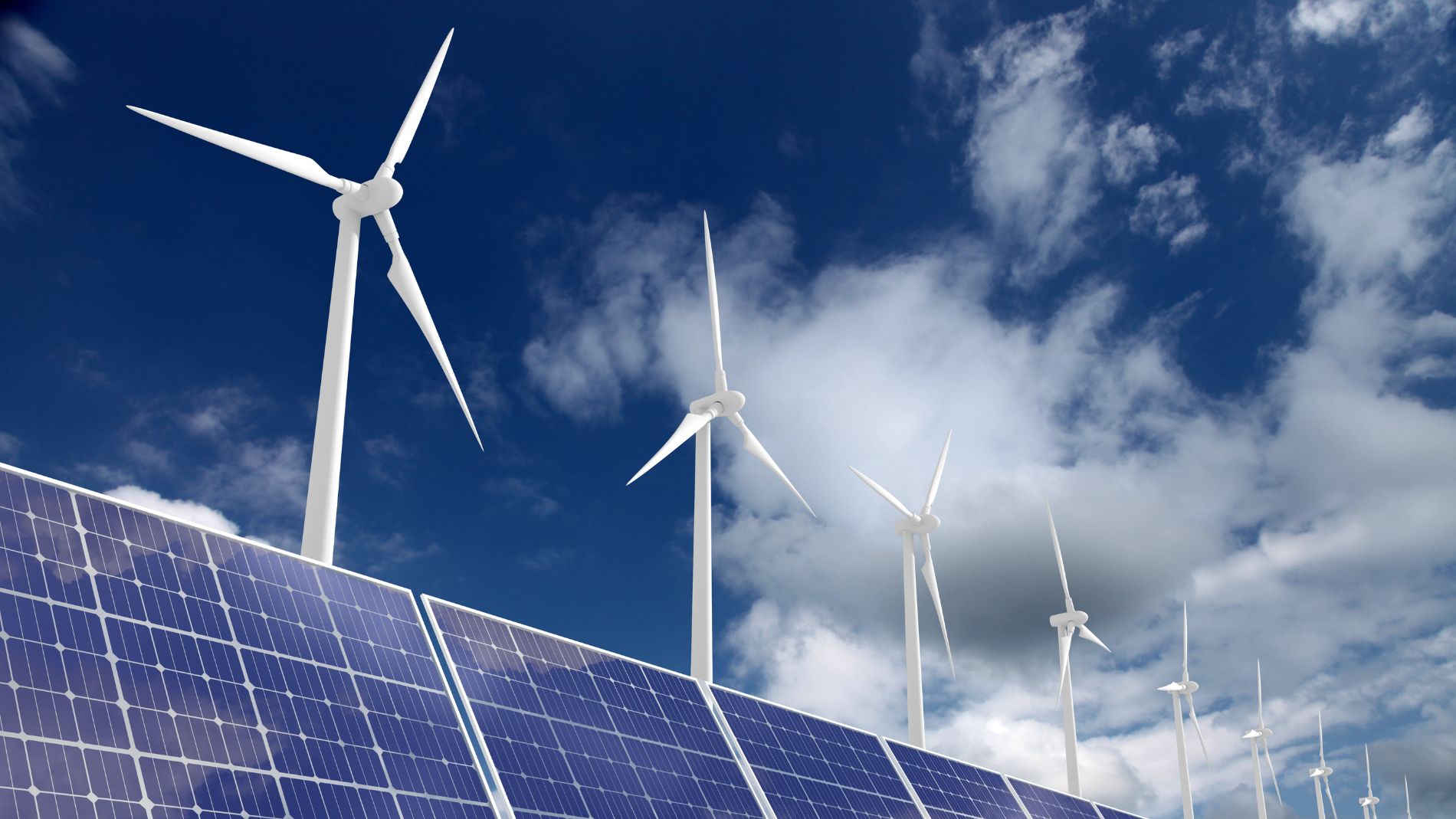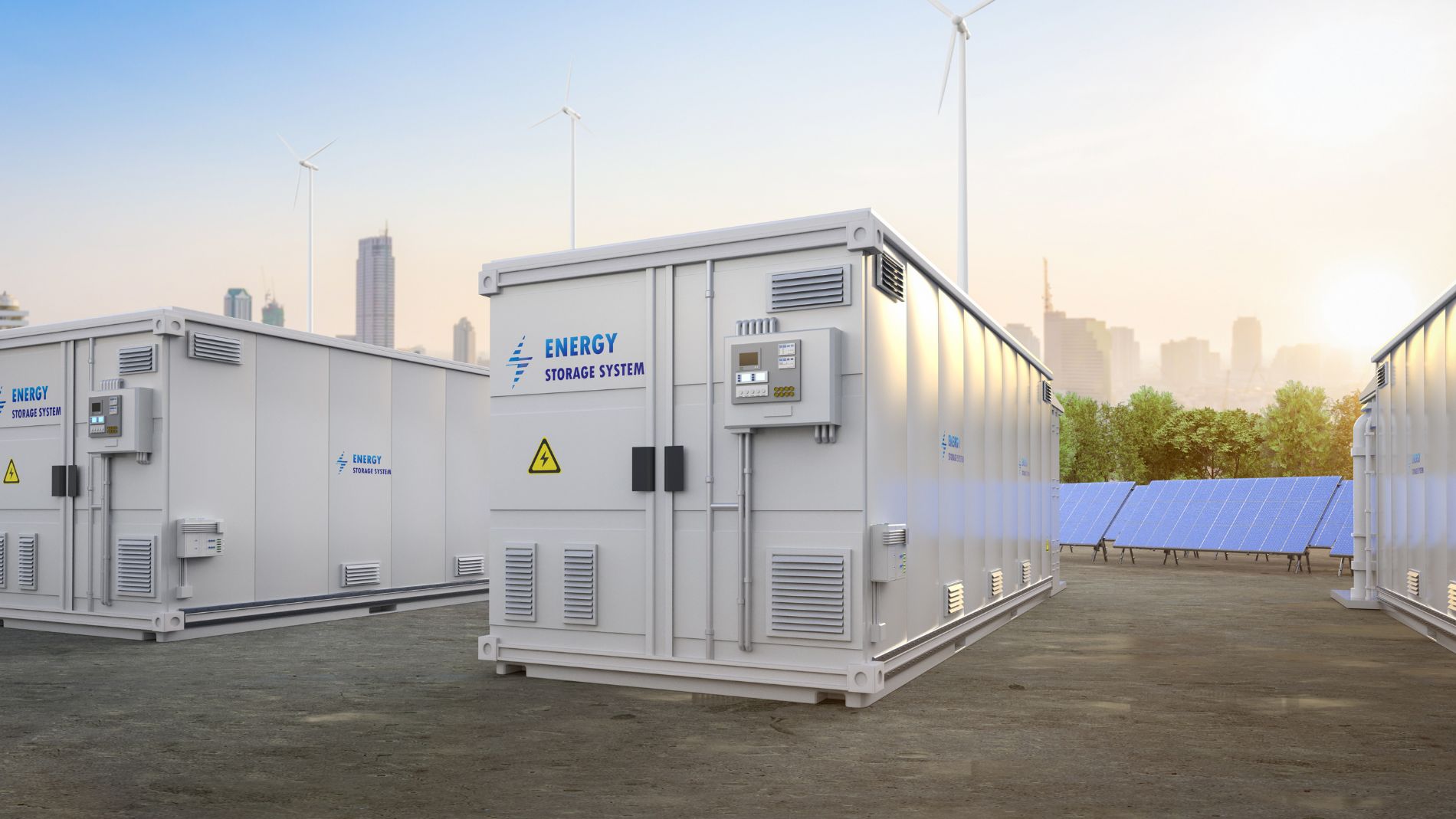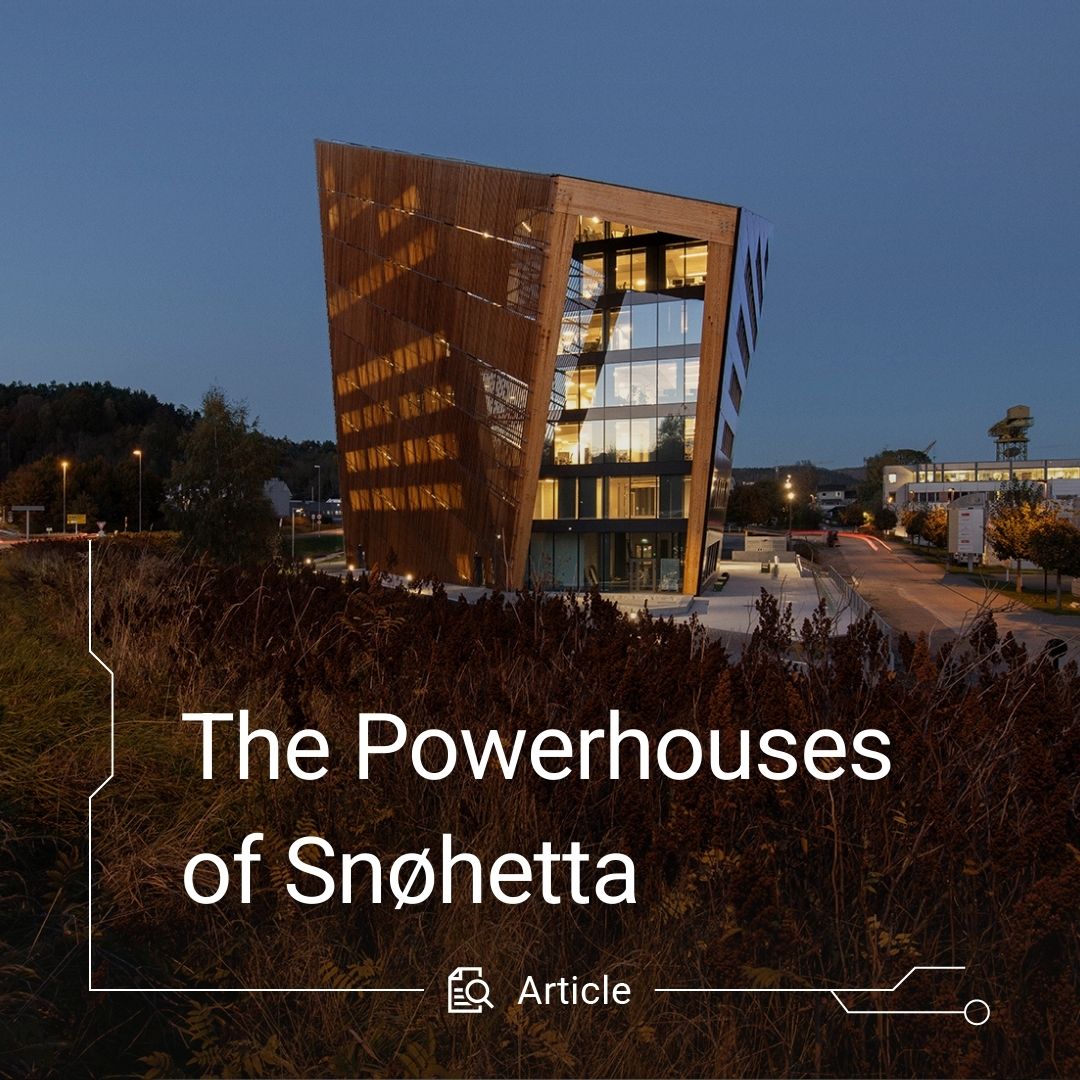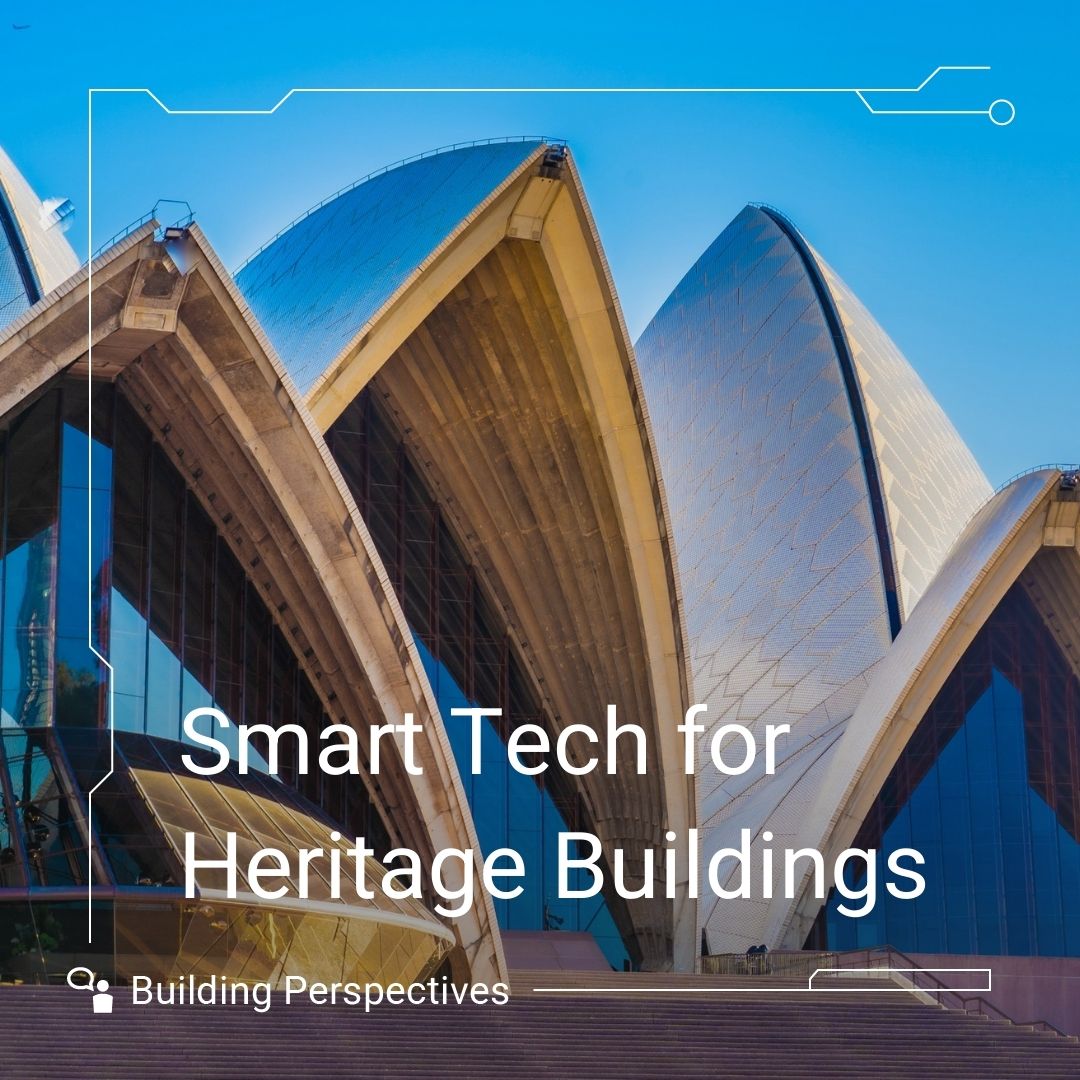The global building sector significantly contributes to climate change, accounting for about 37% of energy and process-related CO2 emissions. This includes emissions from both operational energy use and the materials used in construction, such as cement and steel.1
Reading time: 5 minutes
Digital and Smart: The Future of Energy Management Systems
Energy-efficient buildings are increasingly adopting digital energy management systems that communicate in real-time. AI analytics identify energy-saving opportunities, while machine learning recognizes consumption patterns. This allows for energy distribution adjustments based on predictive needs, minimizing wastage and reducing operating costs.
Modern systems rely on advanced sensors and automation to detect and prevent issues, such as overloaded circuits, ensuring reliability. The integration of digital tools offers users complete transparency and control over energy consumption, allowing them to track real-time data and adjust systems remotely.
Efficiency in Crises: Resource Conservation Through Smart Technology
In situations where energy production is reduced, smart building technology ensures optimized resource usage. Stored energy can be efficiently deployed to keep essential systems running, avoiding power outages for critical devices. This intelligent resource management is key in maintaining building operations during crises, enhancing resilience.
Green Energy over Fossil Fuels: Incorporating Renewable Energy

Future energy technology is firmly anchored in renewable energy sources. Solar power, wind energy, and geothermal solutions are sustainable, reducing dependence on conventional energy sources and lowering CO2 emissions. Photovoltaic (PV) systems and heat pumps are increasingly integrated into smart buildings to provide continuous monitoring and automated control over energy supply and demand.
Innovative Energy Storage Solutions
Energy storage is a critical component of smart energy systems. Given the variability of renewable energy production, the ability to store surplus energy is becoming increasingly important. Innovative battery technologies and pumped storage systems are leading the way in energy storage solutions, ensuring a constant energy supply throughout the year, even during periods of low renewable energy production.
Smart Energy Technology: The Future of Buildings

The future of energy technology lies in the combination of smart building technology, renewable energy, and innovative storage solutions. Buildings will rely more on decentralized energy production, significantly reducing their energy consumption and contributing to global climate goals. Digital tools provide users with detailed insights into their energy usage, costs, and the potential for further energy savings.
While advancements in smart building technology and renewable energy integration continue to grow, energy storage still presents challenges. Future energy storage systems will store excess energy from sources like PV systems and release it as needed, reducing reliance on conventional energy sources.
FAQ
What innovative technologies can significantly reduce energy consumption in future-ready buildings?
Smart building technologies will play a significant role in reducing energy consumption in residential and commercial buildings in the future. It is estimated that smart building technology can reduce energy consumption by up to 40%. The Internet of Things (IoT) connects smart heating, air conditioning, ventilation, and security systems. Artificial intelligence (AI) can monitor and analyze information in real-time, enabling automatic control to optimize energy savings, such as turning off unused devices. The system learns consumption patterns and adjusts energy usage to meet user needs in advance.
How can renewable energy be effectively integrated into sustainable building energy systems?
To improve the carbon footprint of the building sector, renewable energy is increasingly being integrated into building planning. These systems enable decentralized energy supply, providing a degree of independence while promoting eco-friendly resource management. To ensure efficient energy use in residential and commercial buildings, renewables can be connected to smart building technology. This technology analyzes energy usage patterns, identifies areas for energy savings, and intelligently controls connected systems to optimize the use of generated energy.
What role does smart control and building automation play in optimizing energy use?
Through intelligent building control, all connected systems (such as heating, air conditioning, lighting, and windows) can be synchronized. Smart home systems use artificial intelligence (AI) to collect and evaluate data transmitted by sensors, allowing energy consumption to be monitored in real time. If adjustments are needed due to energy-saving opportunities, automated control is possible via actuators. For example, devices that are not in use can be automatically switched off to conserve electricity.





